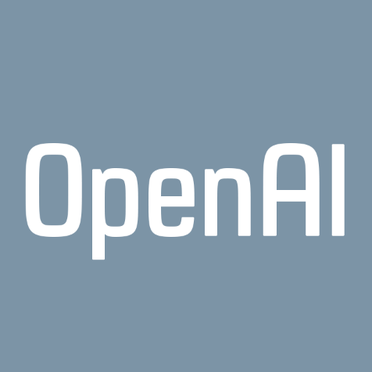Elon Musk, tech behemoths invest $1bn in open-source AI research

High-profile tech firms and entrepreneurs are pouring $1 billion in the future of open-source artificial intelligence.

Research in the artificial intelligence field has come a long way in recent years. We've progressed beyond predictive analytics towards deep learning, such as those used in IBM's Watson supercomputer, which promotes the use architectures which allow a machine to generate its own algorithms based on data -- rather than developers inputting single algorithms and instructions for certain problems.
These advances give machines abilities far beyond coded responses, including elements such as image recognition, translation, speech recognition and pattern analysis systems.
AI researchers want to reach the pinnacle point where systems possess humanlike intelligence.
At the moment, AI systems today are impressive but limited -- and have the potential to benefit humanity (as well as hamper it) in the future.
Either way, more research is needed.
Featured
The problem with AI research is that the cost is vast, requiring high levels of investment which then pressure investors to find a way to profit from the research, which can leave more philanthropic AI research floundering.
However, a number of key investors, entrepreneurs and companies have now agreed to give $1 billion to a non-profit focused on more charitable goals.
In a blog post announcing the news, the team behind the OpenAI project said the non-profit artificial intelligence research firm's goal is to "advance digital intelligence in the way that is most likely to benefit humanity as whole."
"Because of AI's surprising history, it's hard to predict when human-level AI might come within reach," OpenAI says. "When it does, it'll be important to have a leading research institution which can prioritize a good outcome for all over its own self-interest."
A number of investors are willing to take a bet on these ideas, too. YC Research, Amazon Web Services (AWS), Infosys, entrepreneurs Sam Altman and Elon Musk, LinkedIn co-founder Reid Hoffman, founding partner of Y Combinator Jessica Livingston and PayPal co-founder Peter Thiel are all donators to the OpenAI project.
The institution's research director is Ilya Sutskever, a former researcher of the Google Brain team, and the former CTO of Stripe, Greg Brockman, is the firm's chief technology officer.
The announcement was met with excitement over Twitter, with many interested parties asking about job opportunities and becoming potential contributors.
When asked whether OpenAI planned to work on GOFAI -- good, old-fashioned artificial intelligence -- and rule-based systems, the group said there were no "particular plans" along these lines, but as the work is open-ended they don't know where they will end up.
The non-profit is currently hiring researchers and engineers.
OpenAI says that as a non-profit, contributors will be encouraged to publish their work and share patents with the world. The company hopes to collaborate with other institutions to research and deploy new AI technologies.
2015 Holiday guide: Top tech gadgets to give this season
Read on: Top picks